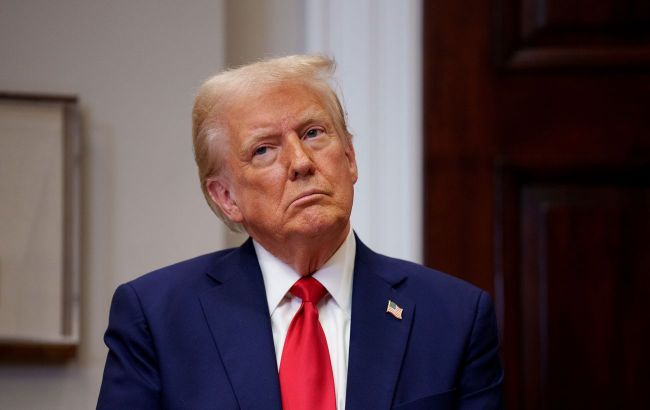Iran threatens to block US-backed Caucasus corridor 'with or without Russia'
 Photo: US President Donald Trump (Getty Images)
Photo: US President Donald Trump (Getty Images)
Ali Akbar Velayati, Senior Adviser to Iran's Supreme Leader, said Iran will block the construction of a US-backed transport corridor in the South Caucasus. It will do so even without Russia's help, according to Tashim and Iran International.
Yesterday, Armenian Prime Minister Nikol Pashinyan and Azerbaijani President Ilham Aliyev signed a peace agreement. US President Donald Trump mediated the deal.
The document grants Washington exclusive rights to develop the Zangezur corridor, a transit route through Armenia. This corridor will connect mainland Azerbaijan with the Nakhchivan Autonomous Republic. It will bypass both Iran and Russia.
An American company will manage the corridor for 99 years, with an option to extend the lease.
Velayati said this threatens regional security and will reshape the geopolitical map. For this reason, Iran will block the corridor's construction.
"Mister Trump thinks the Caucasus is a piece of real estate he can lease for 99 years. This passage will not become a gateway for Trump’s mercenaries — it will become their graveyard," the Senior Adviser said.
He added that Iran has "always opposed" the Zangezur corridor. He claimed it would alter borders, fragment Armenia, and limit Iran's regional access.
Velayati also said that when Türkiye and Azerbaijan previously promoted the plan, Iran held several military exercises on its northwestern border — the drills aimed to show readiness to block the project.
"With Russia or without Russia, we will move to protect the security of the South Caucasus," Velayati said. He also suggested Moscow opposes the corridor for strategic reasons.
Calling the corridor a "political plot, not just a trade passage," Velayati said it would open the way for NATO to position itself "like a viper" between Iran and Russia.
He argued that no Armenian government can legitimately agree to "partition" its territory, despite US pressure.
According to him, Prime Minister Pashinyan allegedly told Iranian leaders he opposes the route.
For more on why Armenia and Azerbaijan decided to sign a peace deal, the role of the US, and how Trump is pushing Russian President Vladimir Putin out of the Caucasus, read the full RBC-Ukraine report.

